Travel Marketing - Travel Marketing Insights
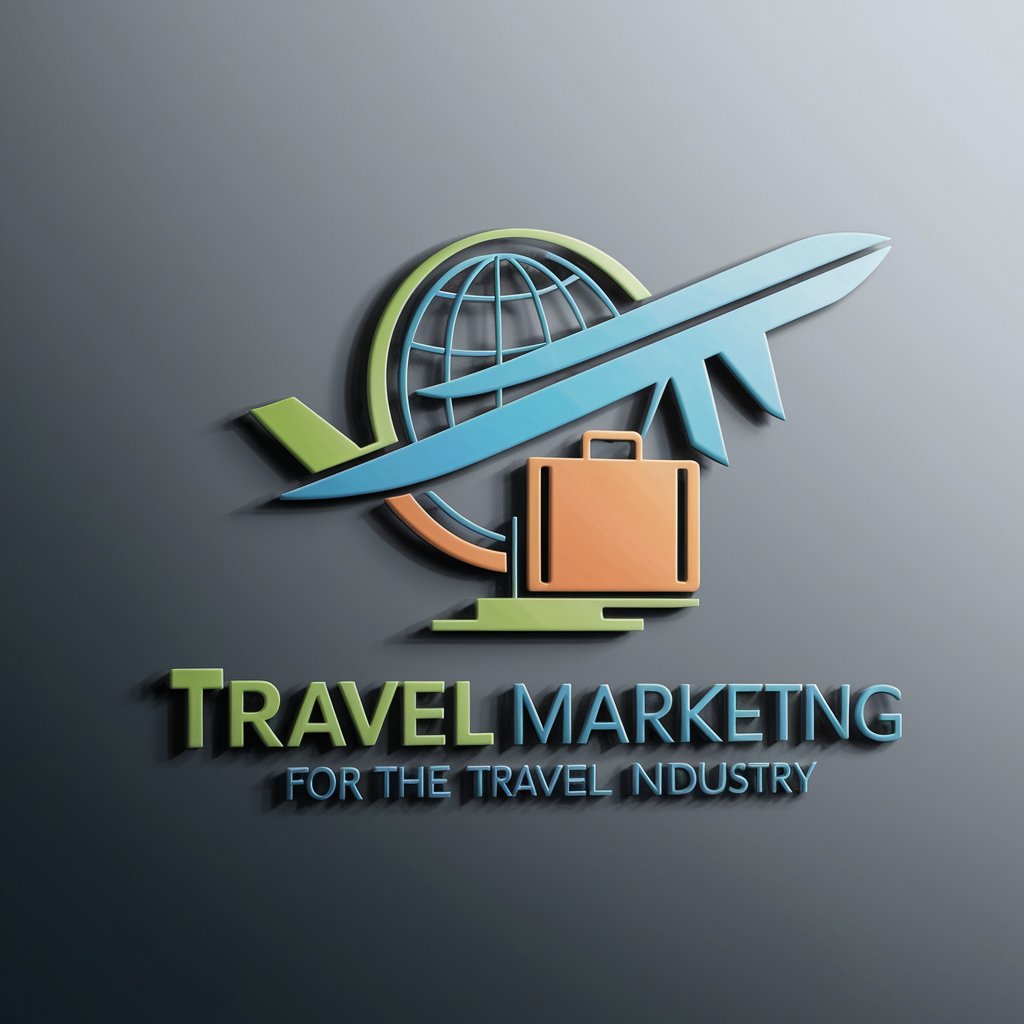
Welcome! Let's explore the world of travel marketing together.
Elevate Your Travel Brand with AI
Describe effective strategies for marketing a new luxury resort.
How can social media be leveraged to boost airline ticket sales?
What are the current trends in eco-friendly travel marketing?
Suggest creative ideas for a travel campaign targeting millennials.
Get Embed Code
Introduction to Travel Marketing
Travel Marketing is designed to enhance the promotion and selling of travel-related products and services, bridging the gap between travel businesses and consumers. Its core purpose is to strategize, execute, and optimize marketing efforts across various platforms to attract potential travelers, boost bookings, and enhance customer engagement. This involves a blend of digital marketing, content creation, social media strategies, and data analytics to tailor marketing campaigns that resonate with target audiences. For example, a travel marketing campaign might leverage stunning imagery and compelling narratives about a destination to evoke the desire to travel among potential tourists. Another scenario could involve the use of influencer marketing, where travel influencers share their experiences at a hotel or destination, thereby inspiring their followers to book similar experiences. Powered by ChatGPT-4o。

Main Functions of Travel Marketing
Market Research and Analysis
Example
Identifying emerging travel trends, such as eco-tourism or adventure travel, to guide marketing strategies.
Scenario
A travel agency uses market research to discover a growing interest in sustainable travel among millennials. They then tailor their marketing campaigns to highlight eco-friendly accommodations and low-impact tours.
Content Creation and Management
Example
Developing engaging content that showcases destinations, experiences, and testimonials.
Scenario
A hotel chain creates a series of blog posts featuring the unique experiences available at their locations, such as cooking classes with local chefs or private tours of historical sites, to attract niche market segments.
Digital Marketing and Social Media Strategies
Example
Utilizing SEO, email marketing, and social media platforms to reach and engage potential travelers.
Scenario
An airline company launches a targeted Facebook ad campaign offering special discounts to users who have shown interest in traveling to certain destinations, effectively converting interest into bookings.
Customer Relationship Management (CRM)
Example
Implementing systems and strategies to collect, analyze, and act on customer data to improve service and foster loyalty.
Scenario
A travel booking platform uses CRM tools to segment their customer base and send personalized travel recommendations and offers based on past booking history and preferences.
Partnership and Collaboration
Example
Forming strategic alliances with other businesses in the travel ecosystem to offer bundled services or promotions.
Scenario
A boutique hotel partners with local tour operators and restaurants to offer a comprehensive travel package, providing guests with a curated travel experience that enhances brand value and customer satisfaction.
Ideal Users of Travel Marketing Services
Travel and Hospitality Businesses
This includes hotels, airlines, tour operators, and travel agencies seeking to increase bookings and enhance brand visibility. They benefit from tailored marketing strategies that help them stand out in a competitive market, connect with their target audience, and optimize their marketing spend for the highest ROI.
Destination Marketing Organizations (DMOs)
DMOs, responsible for promoting a city, region, or country as a travel destination, can leverage travel marketing to attract tourists, boost economic impact, and manage destination reputation through strategic branding and marketing initiatives.
Travel Tech Companies
Companies offering travel-related technology solutions, such as booking platforms, travel apps, and CRM software, benefit from marketing services that help them reach their target market, demonstrate the value of their products, and stay ahead of technological trends and customer expectations.

Using Travel Marketing
Initiate Trial
Begin by visiting yeschat.ai to start a free trial, offering access without the need for login credentials or ChatGPT Plus subscription.
Define Objectives
Identify your specific marketing objectives and target audience within the travel industry to tailor your strategies effectively.
Explore Features
Familiarize yourself with the tool's features, including market trend analysis, customer preference insights, and advertising campaign planning.
Engage with AI
Utilize the AI's capabilities to generate creative marketing content, analyze competitor strategies, and receive customized advice on promotions.
Measure & Optimize
Regularly review the performance of your marketing strategies using the tool's analytics and optimize them for better engagement and conversion rates.
Try other advanced and practical GPTs
Q-transformer
Empowering Creativity with AI

Gutter
Streamlining Gutter Solutions with AI
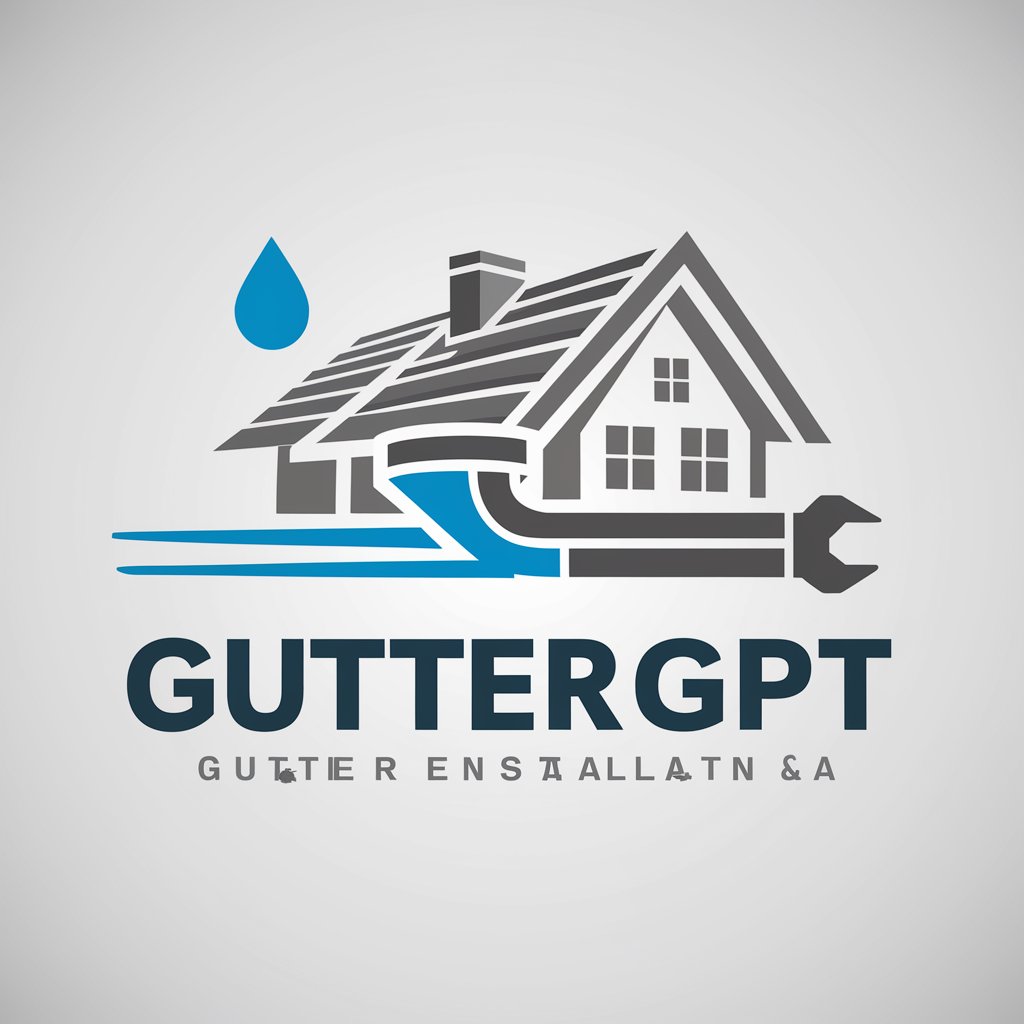
Wood Stoves
Empowering Warmth, AI-Assisted

Heater
Empowering your heating solutions with AI

Cash+ Program Home Advisor
Maximize Your Home Sale with AI

Decor Scout
Discover, Decorate, Delight with AI
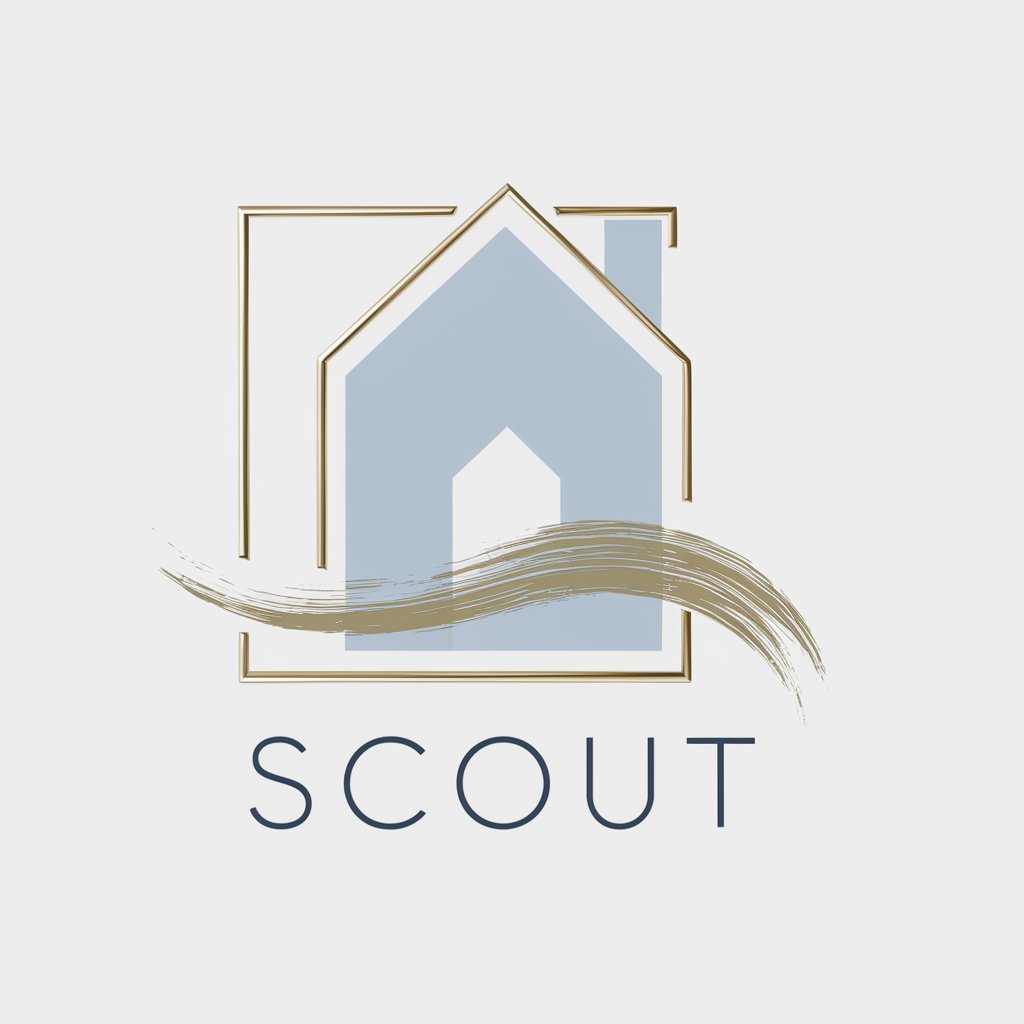
ERP 번역 템플릿
Streamline ERP Localization with AI
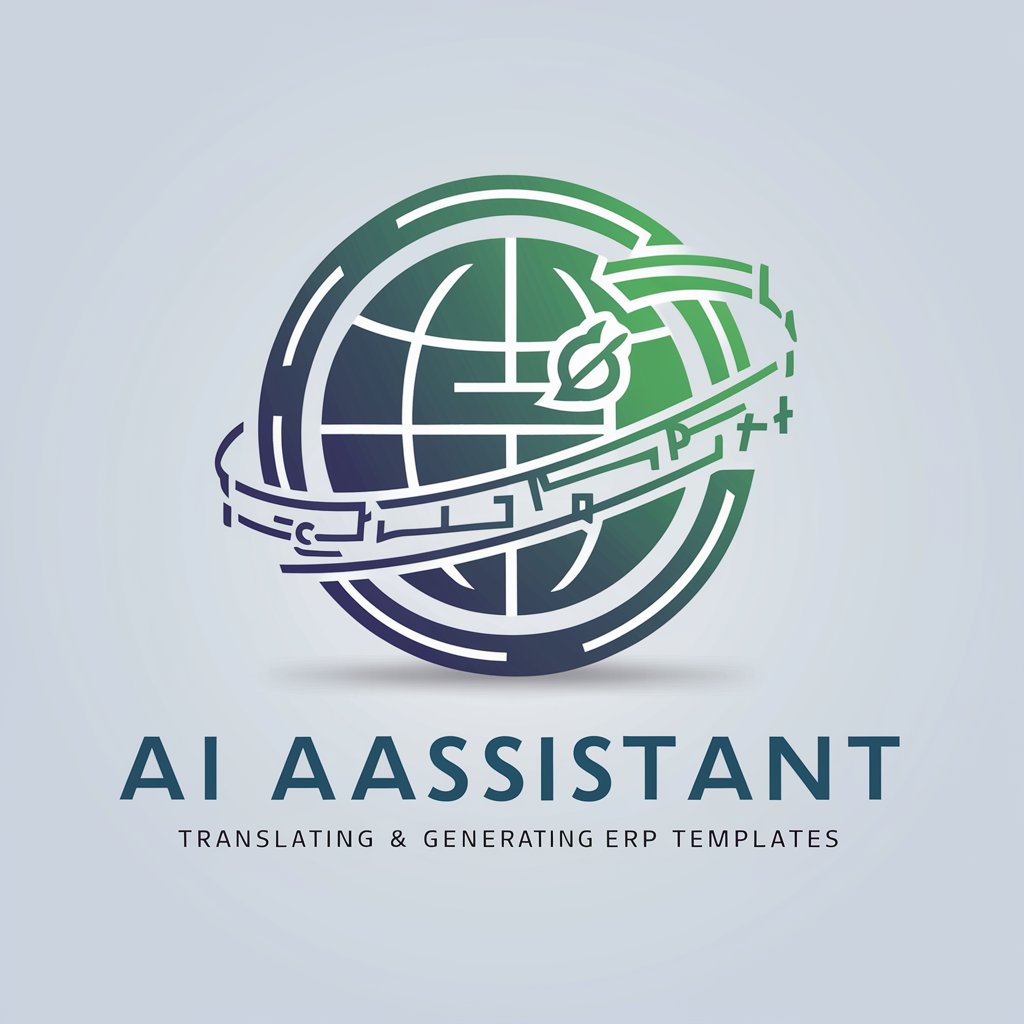
Net Zero Industries
Powering Industry Decarbonization with AI

Palladium
Unlocking Palladium's Potential with AI

Elo Product Discovery Bot
AI-powered Product Discovery Simplified
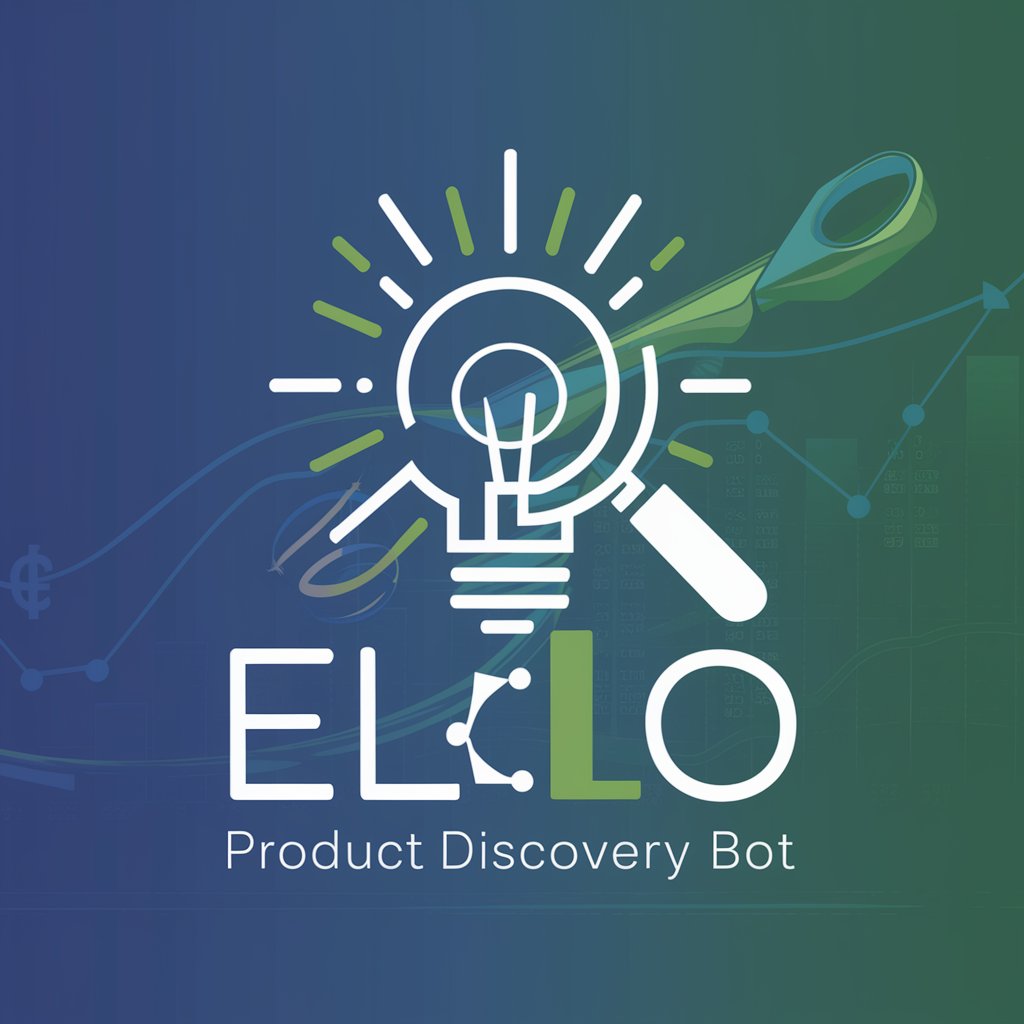
SEO AI Blogsmith
Empowering Creativity with AI

SEO PCB Content Crafter
Empowering PCB narratives with AI-driven SEO.

Travel Marketing Q&A
How can Travel Marketing help increase brand visibility?
Travel Marketing leverages AI to analyze market trends and consumer behavior, enabling the creation of highly targeted and engaging content that improves brand visibility across digital platforms.
Can it assist in identifying new target markets?
Yes, it can analyze vast amounts of data to identify emerging travel trends and untapped markets, helping businesses expand their reach to new customer segments.
How does it enhance customer engagement?
The tool offers insights into customer preferences and behaviors, allowing for the customization of marketing messages and offers to increase engagement and loyalty.
Is it suitable for small travel agencies?
Absolutely, its scalable solutions and insights into cost-effective marketing strategies make it ideal for small agencies looking to compete with larger players.
How does Travel Marketing support content creation?
It provides content generation tools and creative ideas for campaigns, helping businesses produce compelling and SEO-optimized content for blogs, social media, and advertisements.
